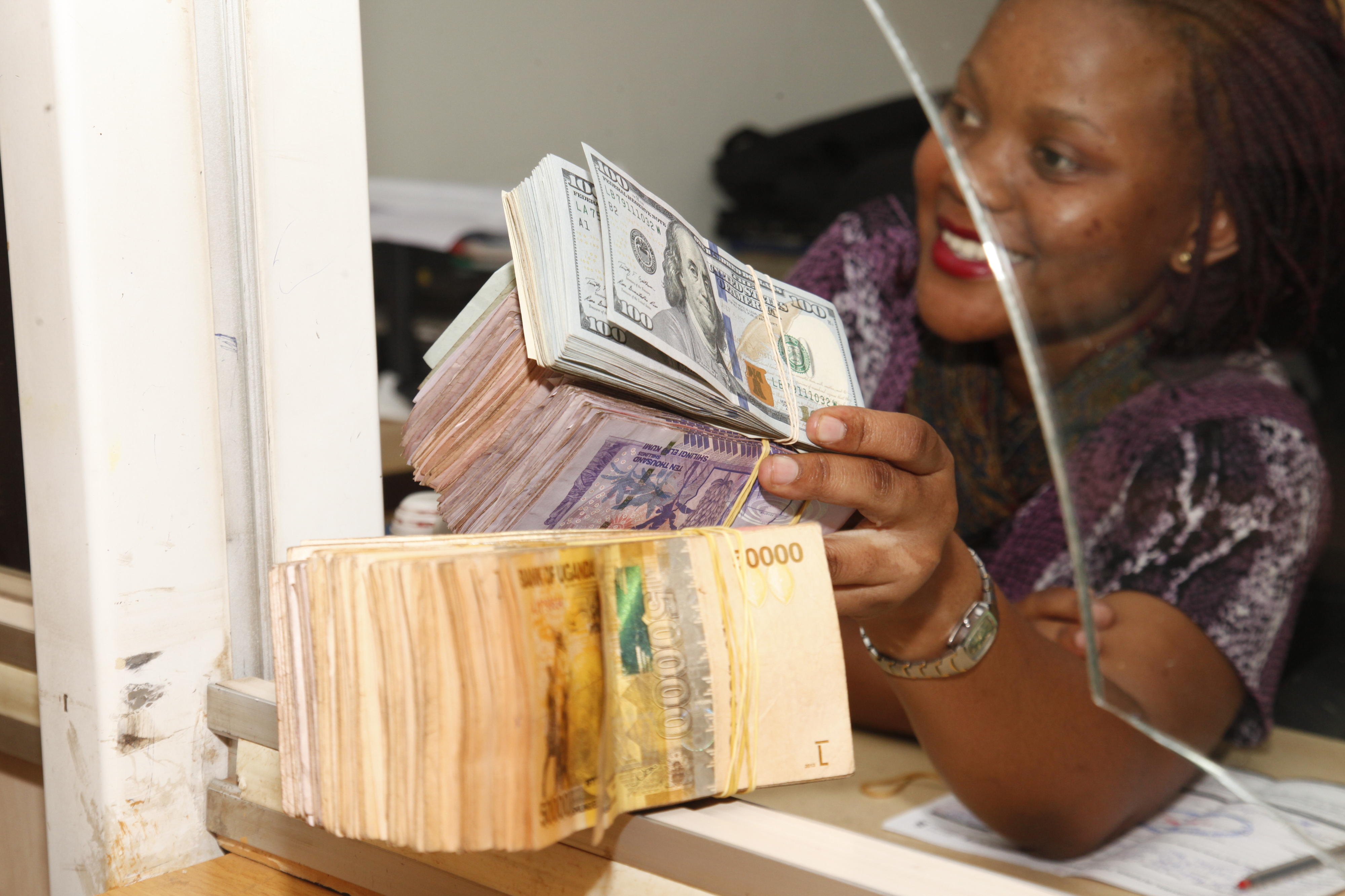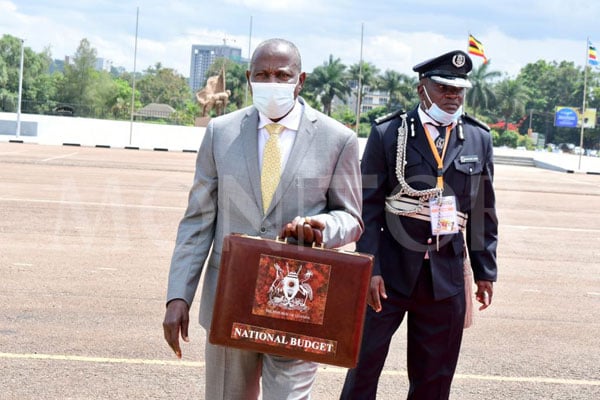How govt plans to mobilise funds for 2022/23 budget

Government is expected to source money to fund the 2022/23 Budget from taxes and non-tax revenues, domestic borrowing, budget support and external financing. PHOTO | FILE
What you need to know:
- Out of the Shs48.1 trillion Budget, government will mobilise Shs30.7 trillion from domestic sources of which Shs23.7 trillion is expected to come from tax revenues while Shs1.795 trillion will come from non-tax revenues.
Finance Minister Matia Kasaija has said government will fund the 2022/23 Budget through enhanced domestic revenue mobilisation, external financing in form of loans and grants from development partners, private creditors and public-private partnerships.
The measures, announced yesterday, will heavily rely on domestic revenue mobilisation to fund the Shs48.1 trillion 2022/23 Budget.
While delivering the Budget Speech in Kampala yesterday, Mr Kasaija said government is expected to mobilise Shs30.7 trillion through domestic revenue, of which Shs23.7 trillion will be generated from taxes while Shs1.7 trillion will come from non-tax revenues.
Government is expected to increase tax collections, which during the 2021/22 financial year was below the targeted Shs22.425 trillion by Shs939b.
Domestic borrowing, Mr Kasaija indicated, will contribute Shs5 trillion while budget support will contribute Shs2.6 trillion.
External financing is projected to contribute Shs6.7 trillion, of which Shs4.6 trillion will be from loans while Shs2 trillion will come from grants.
Mr Kasaija also noted that while tax revenues are expected to remain stagnant in the 2022/23 financial year, the medium-term financing strategy will largely depend on implementation of revenue strategies to help government to rise revenues internally.
Government, he noted, will, during the year seek to increase revenue by 0.8 percent of gross domestic product, underpinned by expected increase in taxable economic activities, gains from revenue enhancement measures, increased employment and an increase in aggregate demand.
“Government will achieve revenue targets by improving efficiency in tax collection and enhancing compliance. The capacity of Uganda Revenue Authority will be enhanced by recruiting and training staff, deploying appropriate equipment and ICT to enforce tax laws,” he said, noting that Parliament had made amendments to various tax laws with the view of simplifying previously ambiguous provisions as well as the desire to close revenue leakages.
For instance, Mr Kasaija noted, a number of tax laws including the Income Tax Act, Value Added Tax, Stamp Duty Act and Tax Procedures Act, had been amended. Under the Income Tax, he said, corporate income tax exemption for Bujagali Hydro Power Project had been extended for one year up to June 30, 2023 and amendments were made to streamline the rental income tax regime for individuals and non-individuals.
For instance, the amendments introduce a zero rental income tax rate for individuals that earn annual rental income not exceeding Shs2.8m and a 12 percent levy of rental income above Shs2.8m while income generated from business properties will pay 30 percent with expenses capped to 50 percent.
Under the Value Added Tax Act, government amended a number of provisions, among which include exemptions on supply of oxygen cylinders or medical oxygen and supply of assistive devices for persons with disabilities.
Other amendments under VAT include exemption of supply of airport user services and acceptance of cash basis accounting for suppliers who supply goods and services to government to facilitate them to hedge against the risk of interest and penalties arising from delayed payments, among others.




